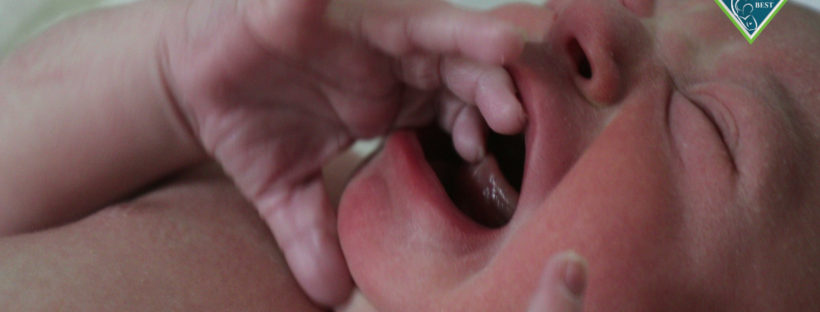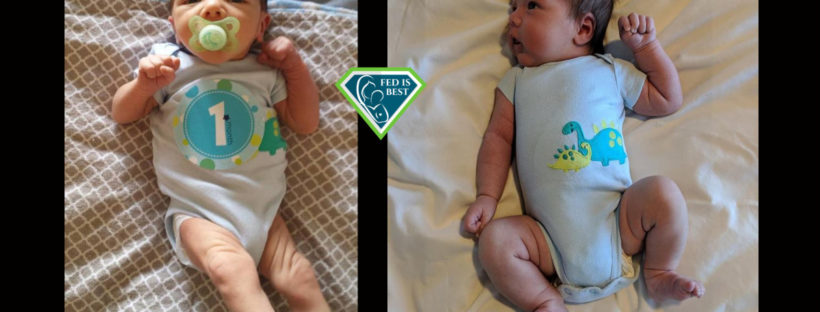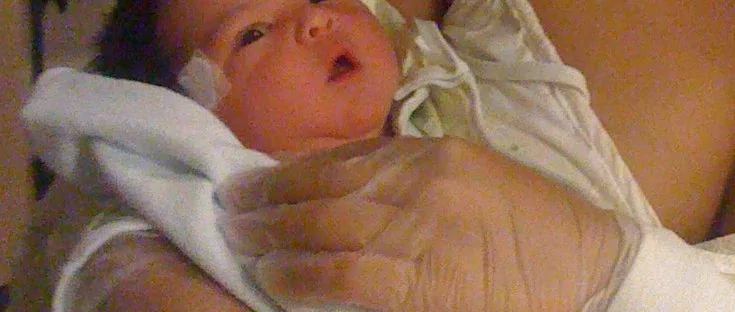I gave birth to my daughter three months ago (vaginal delivery) after prolonged labour. I had been ill the week before, unable to walk, stand, or sleep (I had been to the emergency room several times for pain in my left iliac fossa; they ordered exams, but no diagnosis came up), so I was already exhausted prior to birth. I chose a baby-friendly hospital (two hours of skin-to-skin contact after delivery, no nursery, no doctors unless strictly necessary) because I wanted, if all the clinical criteria were fine, a less medicalized experience with a midwife.
My second night was awful, as my baby cried desperately and was attached to my breasts all night long. I even called the midwives because I was so tired, but they reassured me saying that everything was going just fine, so I just endured for the good of my daughter. To be honest, I was already skeptical by my prenatal course teachers with their motto ”breastfeeding is the best for babies’ and mothers’ health.” As a doctor, I knew that formula works just fine in western countries for term infants with almost no repercussions on the child; but I felt so overwhelmed after delivery that I needed to trust the professionals—I needed not to be my daughter’s doctor.





